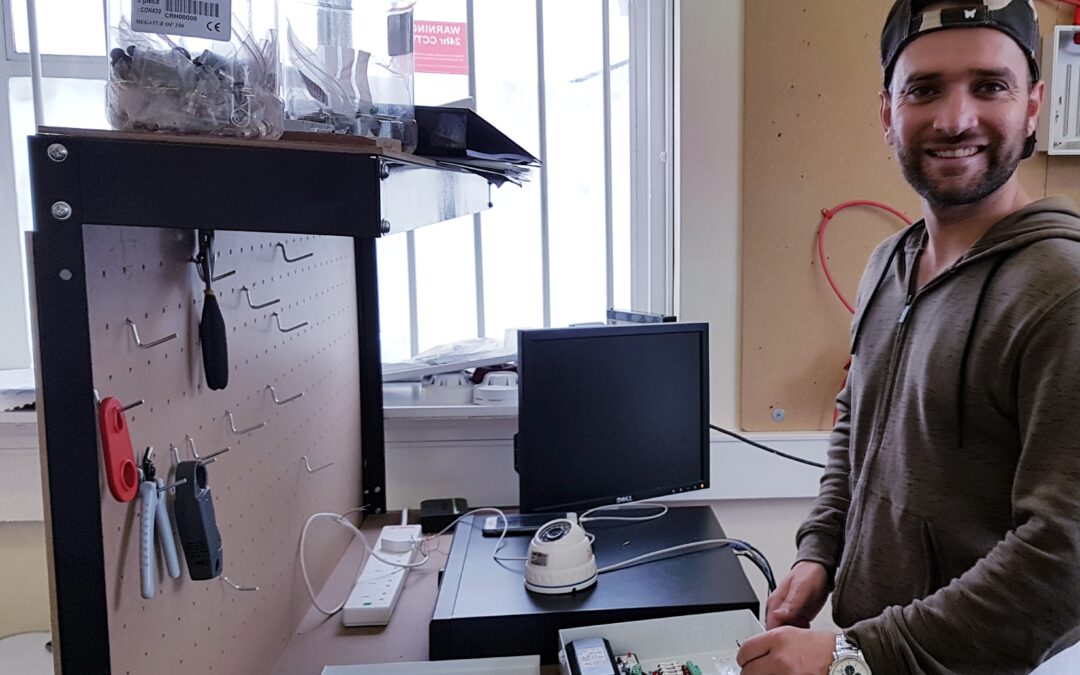Anyone can install a video surveillance system legally as long as they are deemed as a “competent person.” However, as an installer, you must deliver a video surveillance system that fits the needs of clients and relevant authorities while also adhering to industry standards.
You must follow all other applicable laws and recommendations while installing CCTV cameras. For example, Extra-low voltage (ELV) section 414 BS7671, Data Protection Act 2018, and so on. If proven that you violate these legislations or put someone in danger by careless installation practice, you may face penalties, or in some cases, you may also face a criminal charge.
BS EN 62676-4:2015 is a code of conduct that provides a framework to assist customers, installers, and users in defining their requirements, specifying and choosing the right equipment for a given application, and objectively evaluating the VSS’s (Video Security Surveillance) performance.
Demonstrating Competency
Knowledge, training, and skills make up competency. Third-party certification is the approach to demonstrate competence. Larger companies may want to subcontract to certified installers because it proves that they have the skills to complete the work effectively and safely.
Recognized Third-party certification
Our courses meet industry standards while also providing you with the knowledge and skills needed to install high-quality CCTV systems.
To book a course or learn more about our training programs, contact one of our course advisors.
Click here for course information.

